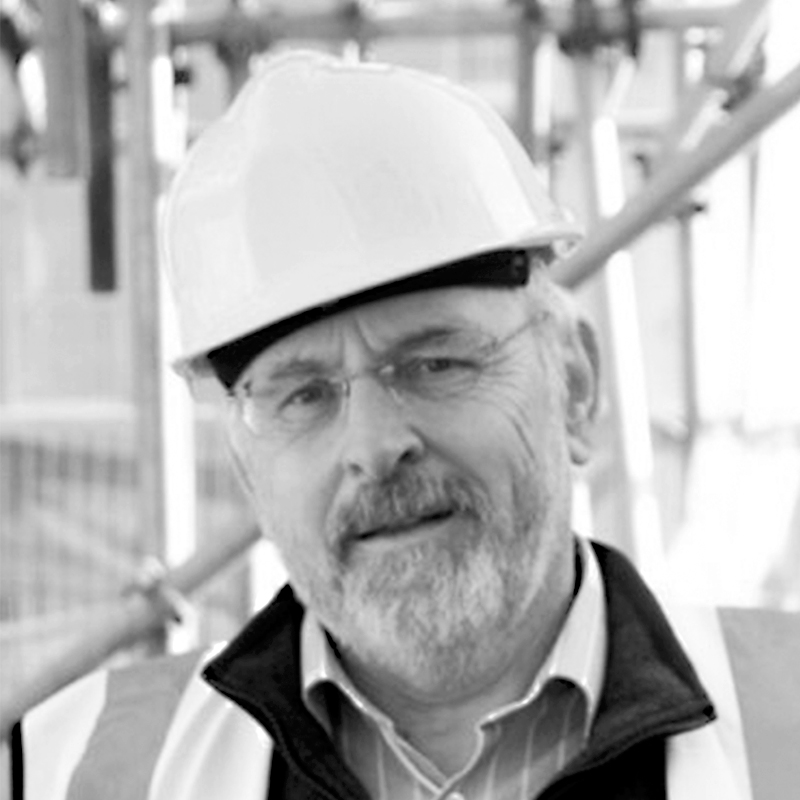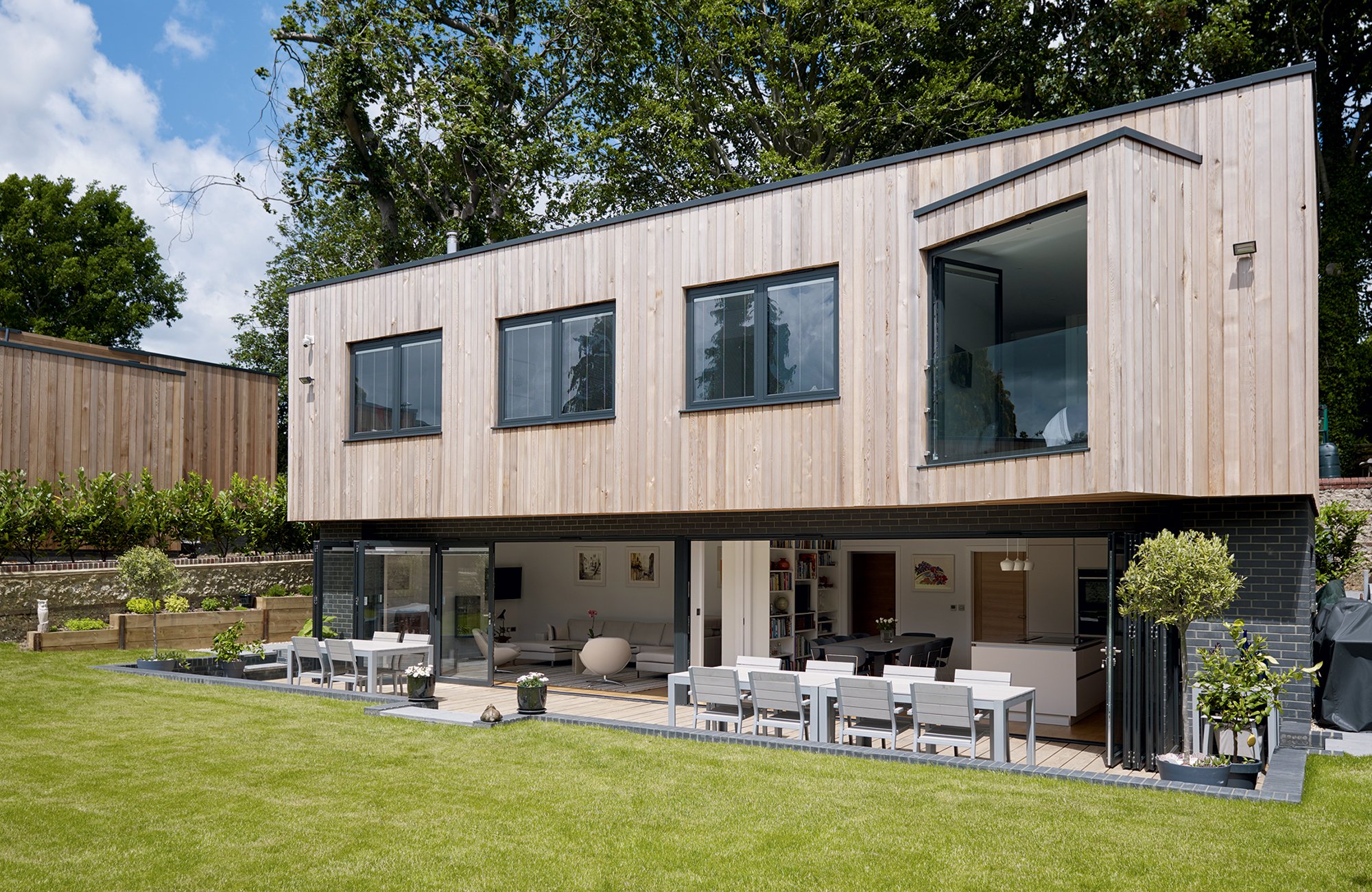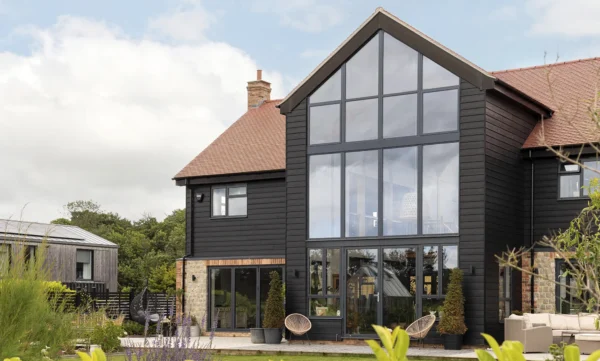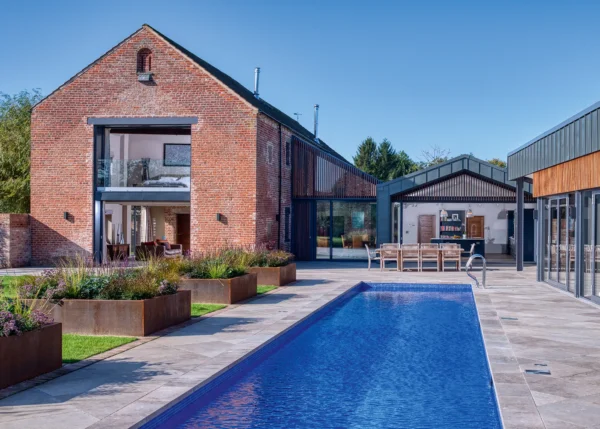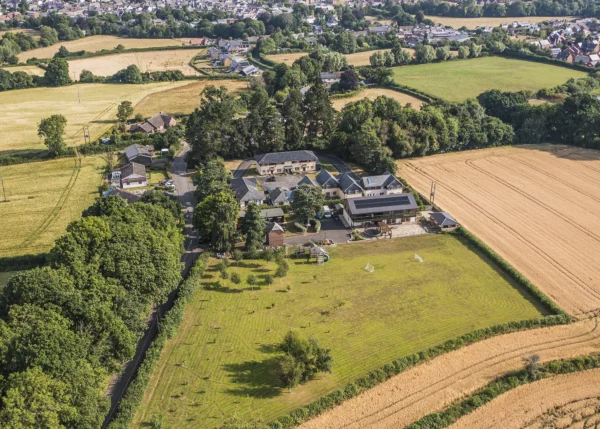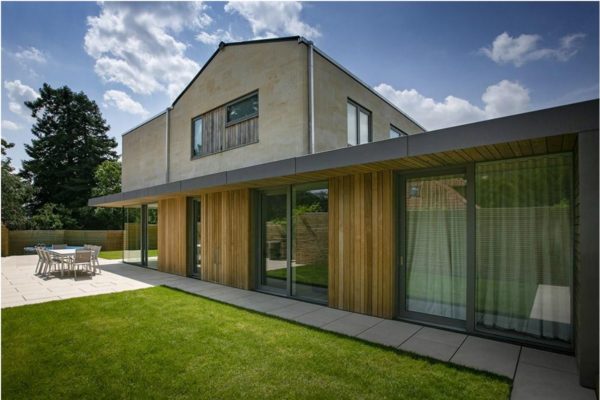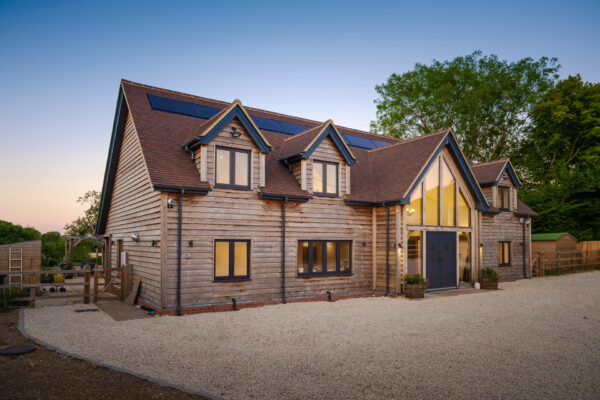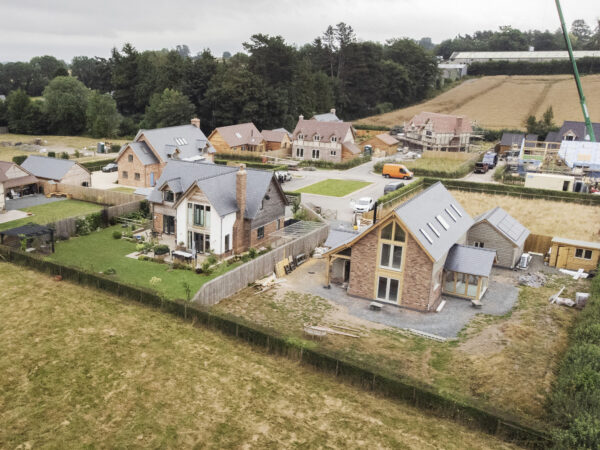Self Build Costs: Quantity Surveyor or Estimator?
Getting your figures right is an essential part of any home building project. Armed with the right information, you can ensure the viability of your scheme, identify the best places to focus your budget and make certain your builders’ quotes reflect the work you’re expecting.
There are two main routes to ascertaining costs – namely appointing a quantity surveyor (QS) or an estimator. But how can you tell which is the best fit for your project, and what will they provide?
Read more: Get an accurate project costing with the Build It Estimating Service
Using an Estimator for your Project
If you’ve had a project drawn up by a designer that’s not especially unusual, an estimator is likely to be a cost-effective solution to pricing up the job, ready to go out to contractors.
What an Estimator does
Estimators work on a wide range of schemes, including renovations, outbuildings, extensions, loft conversions and one-off new build homes.
Their principal role is to cost and quantify all the materials, labour and plant that are needed to complete your project – including calculations for elements such as VAT, wastage, inflation, critical costs, and wear and tear.
If you’ve provided sufficient detail, they will be able to produce a comprehensive cost breakdown, a suggested build programme and a cashflow report so you can see how your spending will unfold during the works.
Their output will be based on a number of assumptions, so estimators tend to offer best value where a single contractor is involved, the location and site are easy to access and the project management will be straightforward.
What Estimators charge
This depends on the size and complexity of the project, as well as the level of detail you need. Fees can be under £100 for straightforward schemes, but are typically around £350.
What to consider
Estimators work remotely, so they aren’t likely to offer site visits. But it’s still important to pick a UK provider to ensure they’re fully up to speed on the relevant Building Regulations.
They’re not usually taken on in an advisory role, but a good estimator will offer recommendations as appropriate. They will also provide a schedule of the assumptions they’ve made so you’re absolutely clear on what’s been included in your estimate. This is especially important with a remote service.
Working with a quantity surveyor or estimatorYou’ll want to know you’re getting value for money and accuracy from whoever you hire, so you can make the best possible decisions. My advice would always be to book a consultation – whether that’s over the phone, via Skype or in person – and talk the project over. You’ll soon find the right fit for you. Unless you’re only looking for indicative, benchmark costs on a rudimentary basis, you’ll need to supply your estimator or quantity surveyor with a range of material so they can price your scheme. This includes planning drawings (including both the existing and proposed plans in the case of a renovation or extension), elevations and sections, and Building Regulations drawings complete with specification details. Without this information, it’s impossible to come with an accurate cost schedule. If the plans change you should always return to your estimator or QS, who will keep projects on file for a reasonable period. Any alterations will inevitably impact on your budget and project timescale, so it’s worth getting the figures updated. |
Hiring a Quantity Surveyor
You can engage a quantity surveyor purely to provide costing breakdowns in the same way an estimator would; but if you wish, you can commission them to make regular site visits and stay involved in the project from start to finish. Your architect may well recommend a QS they know, or you can appoint your own.
What Quantity Surveyors do
Quantity surveyors are usually engaged for complex or multi-unit projects, providing costings based on known market rates. They can also conduct feasibility studies to estimate materials, time and labour costs. They offer a number of follow-on services, too.
Case study: Cost planning a high-quality home
As a quantity surveyor himself, self builder John is naturally an advocate of putting together a full cost plan with professional guidance. “It’s well worth spending money – typically about £500-£1,000 – on a quantity surveyor early on to produce a detailed cost plan of your project based on the drawings,” he says. “This gives you a solid and reliable starting point. When you go to tender you can ask building contractors to price against this schedule of works and then you can compare your numbers with theirs.” He’s also keen to point out that you shouldn’t ignore the cost plan during the build. “We updated the figures as we went along and inputted every invoice as soon as it was paid so we knew exactly how much budget we had left,” says John. “I allowed £50,000 contingency plus an extra 10% on top of that.” |
For instance, they may work with the architect to produce a tender document and bill of quantities, which can then be put out to contractors to quote on. A QS can also analyse and negotiate tenders, prepare contract documents, manage trades, negotiate changes during construction, agree final accounts and arrange payment.
What Quantity Surveyors charge
Again, this depends on size and complexity. In my experience a quantity surveyor typically charges around 2% of the project value.
What to consider
While a QS can offer a wide range of cost planning services, they do command a significant fee. For instance, 2% on a £300,000 build equates to £6,000, which might be the difference between a stop-gap kitchen and one you love.
The question really comes down to whether they’ll offer value for money on your project; and generally that’s most likely to be the case on schemes that involve multiple contractors, have a challenging location or site, or are particularly complex.

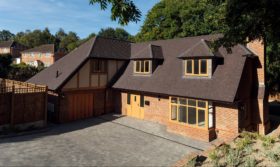


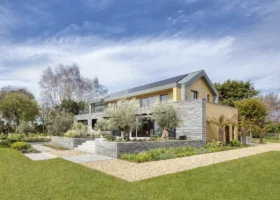

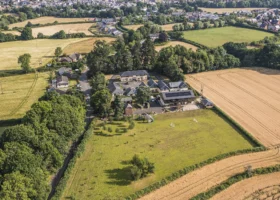
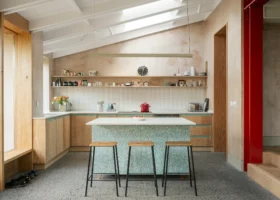
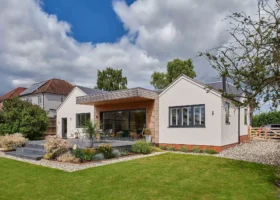
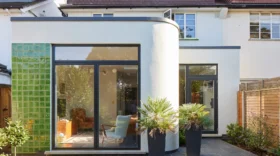

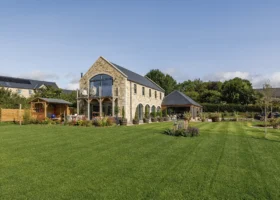
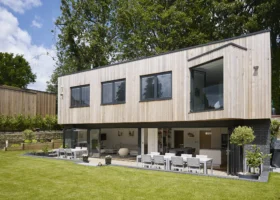



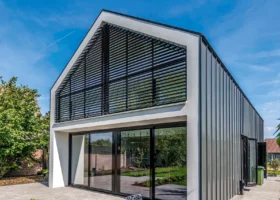

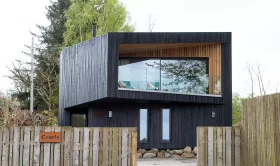
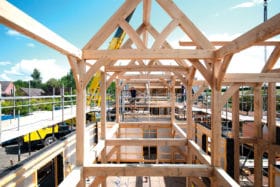
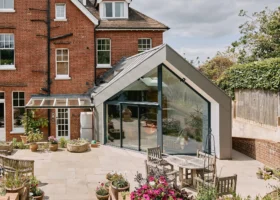
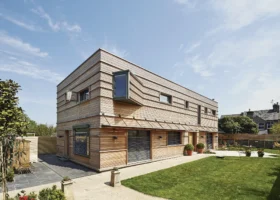
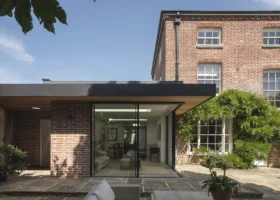
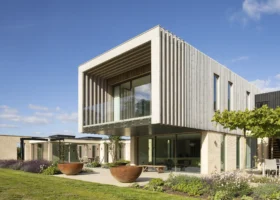
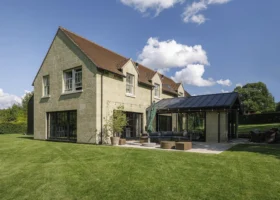
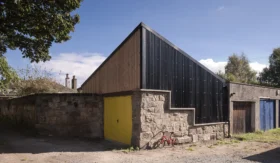
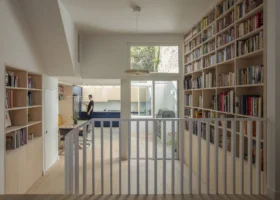
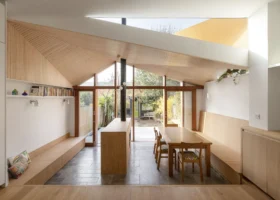



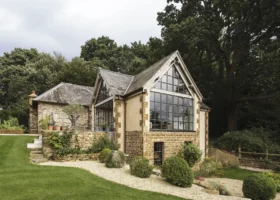
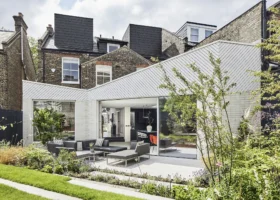


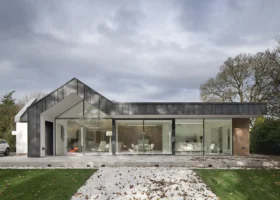
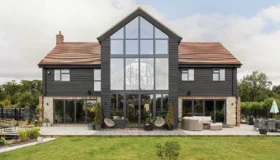
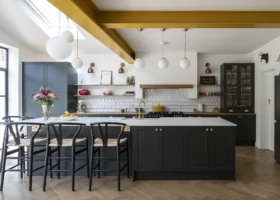
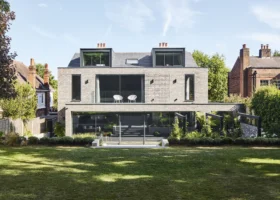
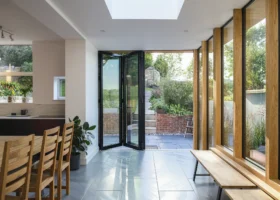
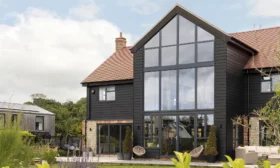
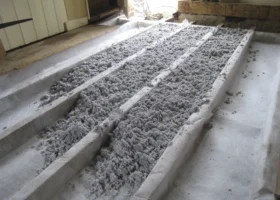

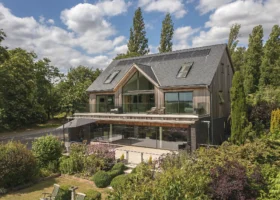
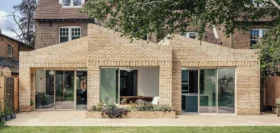
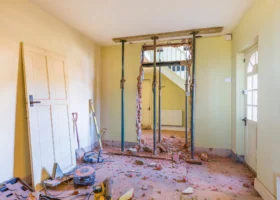
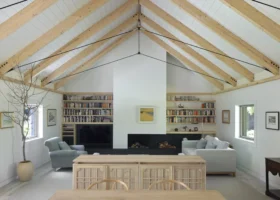
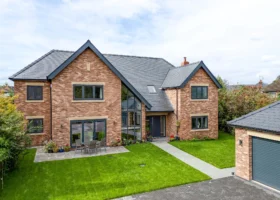
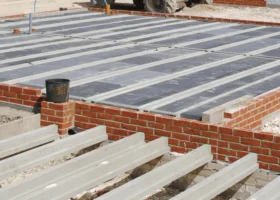
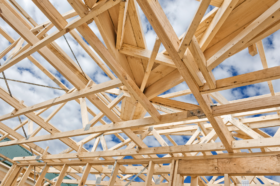

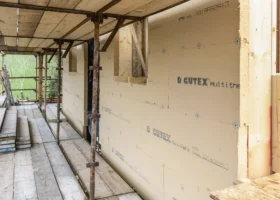
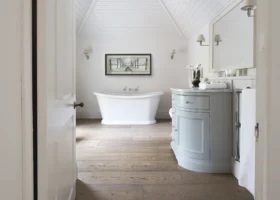

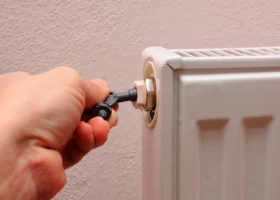
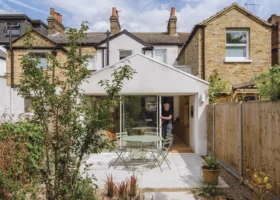
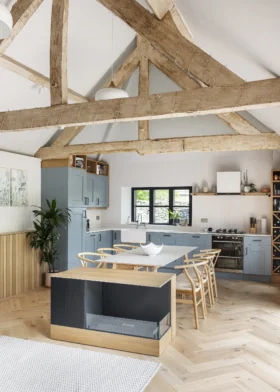
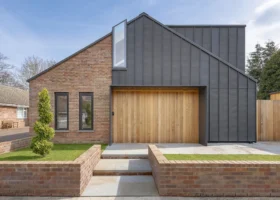
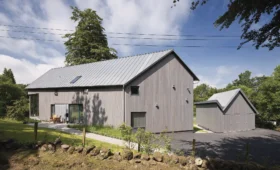
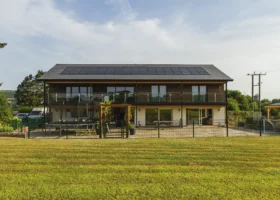
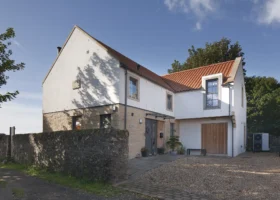


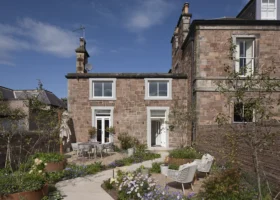
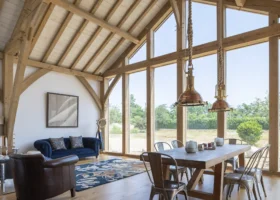










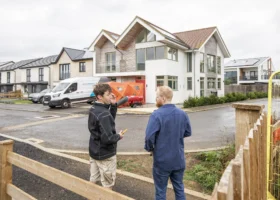









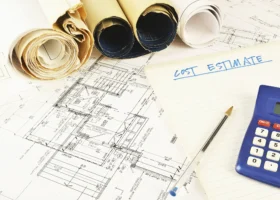


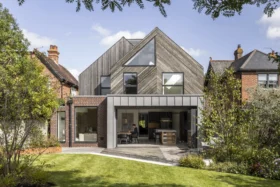
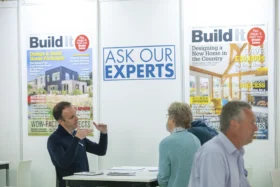








 Login/register to save Article for later
Login/register to save Article for later
